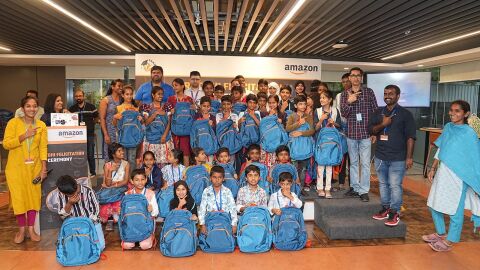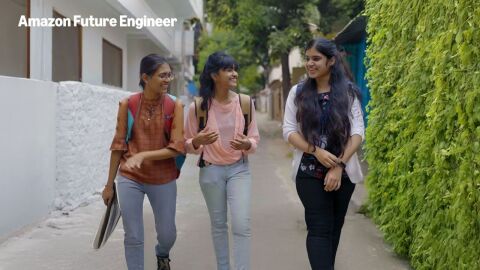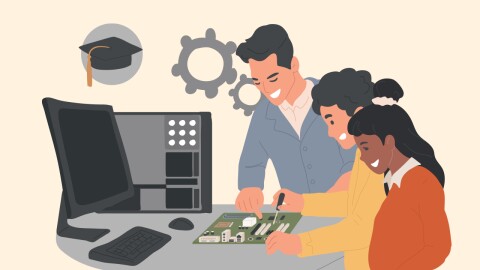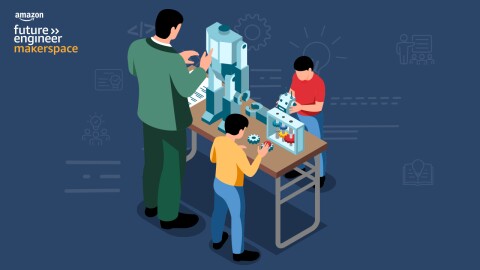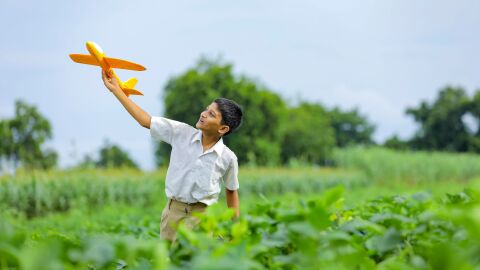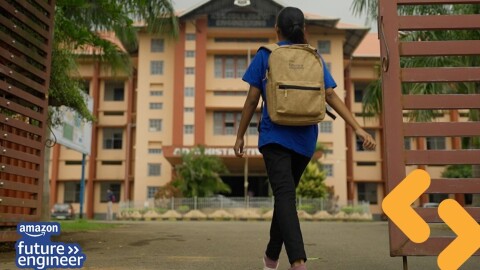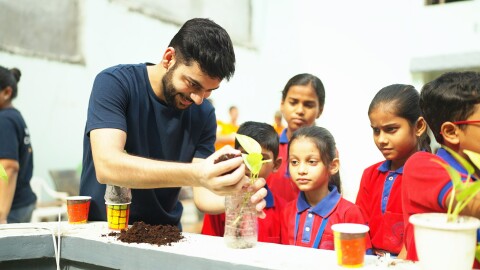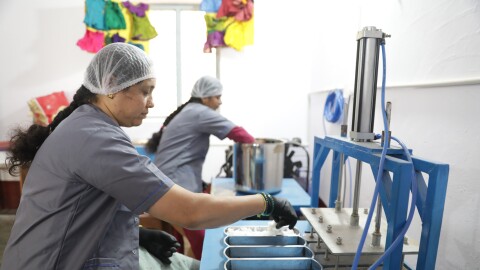“No one can predict what you can do. Don’t underestimate yourself.”
Arunachalam Muruganatham, commonly known as the Menstrual Man or the Padman of India lives by this mantra. The recipient of the Padma Shri in 2016, No. 45 on Fortune Magazine’s list of Top 100 world’s greatest leaders in 2019 and named in TIME magazine’s list of The 100 Most Influential people, Muruganatham’s journey to success and recognition has been anything but uncomplicated. It is hard to imagine the humble beginnings of a man who forever changed the lives of 669 million women in India. The son of a handloom weaver couple from Coimbatore, Tamil Nadu, Muruganatham grew up in poverty after the death of his father in a car accident.
The journey to making sanitary machines
In 1998, he got married to Shanthi and witnessed her using rags during her menstrual days. As his modest background could not afford to buy costly branded sanitary napkins, Muruganatham set out on a journey of education, exploration and condemnation by his village and even by his wife, to design a home-grown sanitary pad. At first, he tried to find volunteers to provide him with feedback, he approached his wife and sister and gradually medical students from a nearby medical college and then perfected the raw material (cellulose) at an economical cost. He spent 2 years and 3 months trying to make a low-cost, good quality affordable pad which rural women could use without having to resort to unhygienic means. Soon, he realised that while he had solved a small-term problem, he wanted to provide sustainability to these rural women to support their livelihood as well. So began the four year long, arduous task of building a low budget machine for making sanitary pads which costs only Rs. 1.37 L. Muruganatham sells these machines under the banner of Jayaashree Industries, to rural self-help groups and societies with the intent of providing employment and social security for these women. His machines are run in 27 states and provide employment to more than 3000 women and are now being adopted by developing countries around the world.
88% of women in India did not use a pad before 2004
Women, education and empowerment - growth enablers our country
This quest has been somewhat of an eye opener for him and made him an advocate for female empowerment in his own right. He firmly believes that the only way to empower women is to empower girls right from their childhood and education is the best way to do so. If a woman breaks down, the entire family gets disrupted. “An empowered girl will eventually make an empowered woman and will lead to an empowered family and gradually, an empowered nation,” he adds. Selling machines to rural women will enable them to make a living while also starting a conversation around periods which is still considered a huge taboo in most parts of India. Muruganatham concludes saying that if a man looks at himself as a father, brother, husband or son - it will be the start of a revolution.
On association with Amazon Cares
Muruganatham is collaborating with Amazon Cares and its community centres to spread a word about menstrual hygiene and health. Through the collaboration, women from the centres will be able to operate machines made by Muruganatham, manufacture these economical sanitary pads and earn a living by selling them in the surrounding areas. “This is a unique collaboration for us. We have worked with other companies as a part of their CSR initiatives. This is different.” Not being averse to the benefits of the internet and the digital footprint, Muruganatham believes that with the phenomenal reach Amazon has across the globe, not just India, he will be able to reach the eyes & ears of millions of people in the Amazon ecosystem - not only customers but also the strong community 50,000 employees and female members of the Amazon India family. He emphasizes that sometimes language is a hurdle which can be overcome by family members talking and explaining in their native language, furthering the impact of his work and the opportunities for rural women. Muruganatham excitedly drops another fact on why he was pleasantly surprised on learning that the male-to-female ratio in Amazon is almost equal, which is otherwise still a rarity in other companies. He hopes that with this platform and the help of Amazon Cares community centers, he will be able to reach the remote corners of India where female hygiene is still at a nascent stage.
1 out of every 6 girl drops out of school in rural India due to menstrual cycles
Amazon Cares collaborates with rural and peri-urban communities in India to transform their lives in education, health & hygiene, women empowerment, skill development and entrepreneurship and, environment. It is proud to be associated with the likes of Arunachalam Muruganatham, who did not let lack of education or resources deter him, but built a sustainable way of helping and empowering the society at large.




